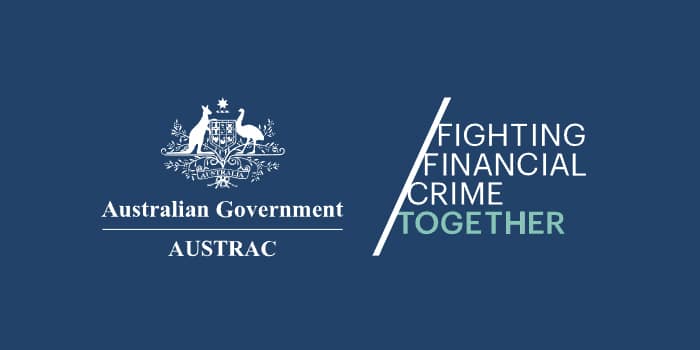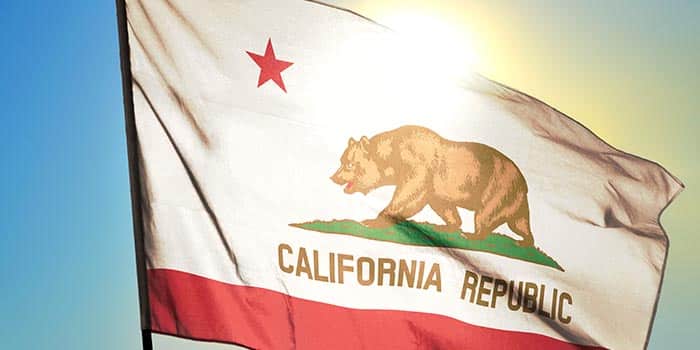- Casino
- By State
- Alabama
- Alaska
- Arizona
- Arkansas
- California
- Colorado
- Connecticut
- Delaware
- Georgia
- Florida
- Hawaii
- Idaho
- Illinois
- Indiana
- Iowa
- Kansas
- Kentucky
- Louisiana
- Maine
- Massachusetts
- Maryland
- Michigan
- Minnesota
- Mississippi
- Missouri
- Montana
- Nebraska
- Nevada
- New Hampshire
- New Jersey
- New Mexico
- New York
- North Carolina
- North Dakota
- Ohio
- Oklahoma
- Oregon
- Pennsylvania
- Rhode Island
- South Carolina
- South Dakota
- Tennessee
- Texas
- Utah
- Vermont
- Virginia
- Washington
- West Virginia
- Wisconsin
- Wyoming
- By State
- Slots
- Poker
- Sports
- Esports
DoJ Confirms Intentions to Appeal against Wire Act Ruling

- The Department of Justice ultimately confirmed intentions to appeal New Hampshire’s interpretation and court ruling of the 1961 Wire Act
- Federal Judge Paul Barbadoro issued a ruling on Monday, striking down DoJ’s reinterpretation attempt, issued last year
- New Jersey, Pennsylvania and Michigan Bureaux of State Lottery file amicus briefs, co-signed by a number of threatened state lotteries
Numerous state lotteries and licensed gambling operators are celebrating US District Court Judge Paul Barbadoro’s Monday ruling against the DoJ’s reinterpretation attempt of the 1961 Wire Act, released in 2018 by the Office of Legal Counsel.
The 1961 Act Disallows Cross-State Border Communication Facilities’ Use of Wire Communications of Bets & Wagers. But what about Wireless?
Way back in 2011 when the same doubts arose over the interpretation of the 1961 Wire Act arose, the US Department of Justice came to conclude that the Act was only applicable to sports bets. This ruling gave way to the establishment of many gaming and lottery services, on and off-line, spanning over a number of states. Nevertheless, in January the Office of Legal Counsel issued an appeal for reinterpretation by the Justice Department, which claimed that the Wire Act is applicable to nearly all forms and fashions of online gambling.
This sudden change of stance is, first and foremost, in direct contradiction to the prior ruling and moreover – it threatens a great many deal of licensed gambling operators and state lotteries, which are making good use of 2018’s Federal Rulings, which eased US Law regulations on online gambling and sports betting matters.
In the theoretical scenario in which the DoJ’s newly defended stance comes to pass, estimates of the consequences of the cease of activities of multi-state lottery games, such as Powerball, Mega Millions and Lucky for Life, are projected to decrease revenue by nearly $80 million per year, which will also drastically shrink funding for good causes by approximately $40 million.
Retaliation of the State Lotteries
This prognosis was presented by the New Hampshire State Lottery, which challenged the appeal with a great deal of support from quite a number of other states, as well as from the industry trade association iDEA Growth.
State support came from New Jersey, Pennsylvania and Michigan, which filed amicus briefs supporting the plaintiffs. Michigan’s brief was co-signed by a number of state lotteries, including Kentucky, Tennessee Education Lottery, Virginia, Rhode Island, Colorado, North Carolina, Delaware, Idaho, Vermont, Mississippi and Alaska, as well as the District of Columbia.
Following the challenge, the Department issued a statement, pointing out that, according to the Wire Act, state lotteries are not liable for prosecution. At that point, Judge Barbadoro crushed the DoJ’s deflection, bringing forth to the attention of the jury that this response came only after the challenge and not when state lotteries were asking for legal guidance. This led to Judge Barbadoro ruling in favor of 2011’s interpretation.
As for now, the DoJ has decided to extend the forbearance period for the revision, instructing law enforcement staff that the revised opinion is not to be considered in force either until December 31, 2019 or 60 days after the final decision on New Hampshire’s legal challenge.
Related Topics:
Mike made his mark on the industry at a young age, consulting for companies that would later become regulators. As one of the lead editor of Gambling News, he dedicates his weekdays to this project, aiming to educate the masses on the latest developments in the gambling circuit. His expertise and passion for the industry make him an invaluable asset to our team.
Must Read
Legal
July 7, 2025
Former SkyCity Executives Sued Over AUSTRAC Penalty
More Articles




